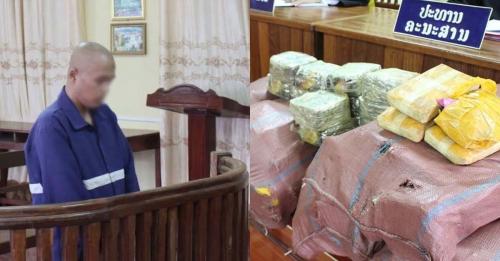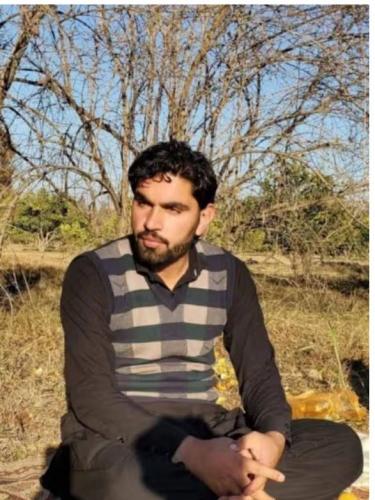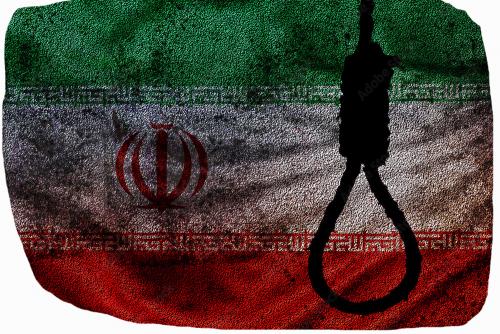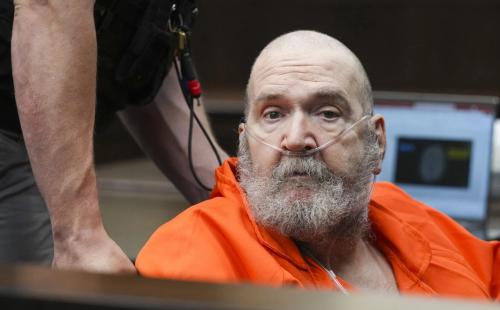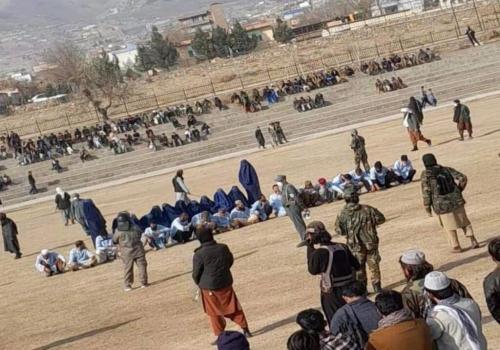25 October 2005 :
in a move without any precedent, President A. P. J. Abdul Kalam advised the Government to consider a pardon for a majority of an estimated 50 individuals on death row whose mercy petitions were pending before him.Though Article 72 of the Constitution says that "the President shall have the power to grant pardons,'' it had always been interpreted to mean that, like in most matters, the President was bound by whatever advice the Council of Ministers gave on mercy petitions. Kalam perhaps drew inspiration from one of his predecessors, R. Venkataraman, who asked in his memoirs, "should not the President have discretion to examine any extenuating circumstance?''
The President is understood to have advocated a radical move for reform and retribution, in which he asked that the convicts be treated with compassion, be provided with counselling and spiritual guidance instead of being put to death. Among the mercy petitioners were: Murugan, G Perarivalan and Chinna Shanthan, convicted in Rajiv Gandhi’s assassination; Davinder Singh Bhullar of the Khalistan Liberation Force, convicted of killing nine people and injuring 31 in a bomb blast in 1993; Simon, Gnanprakasham, Meesekar Madaiah and Bilvendran, convicted of triggering a mine blast in 1993 in which 21 policemen were killed; Gurdev Singh, Satnam Singh, Piara Singh and Sarbjit Singh, sentenced to death for killing 17 attending a marriage party in a village in Amritsar in 1991. One victim was just seven years old; 44-year old Praveen Kumar sentenced to death in 2002 for killing four members of his family in Mangalore in 1994.



